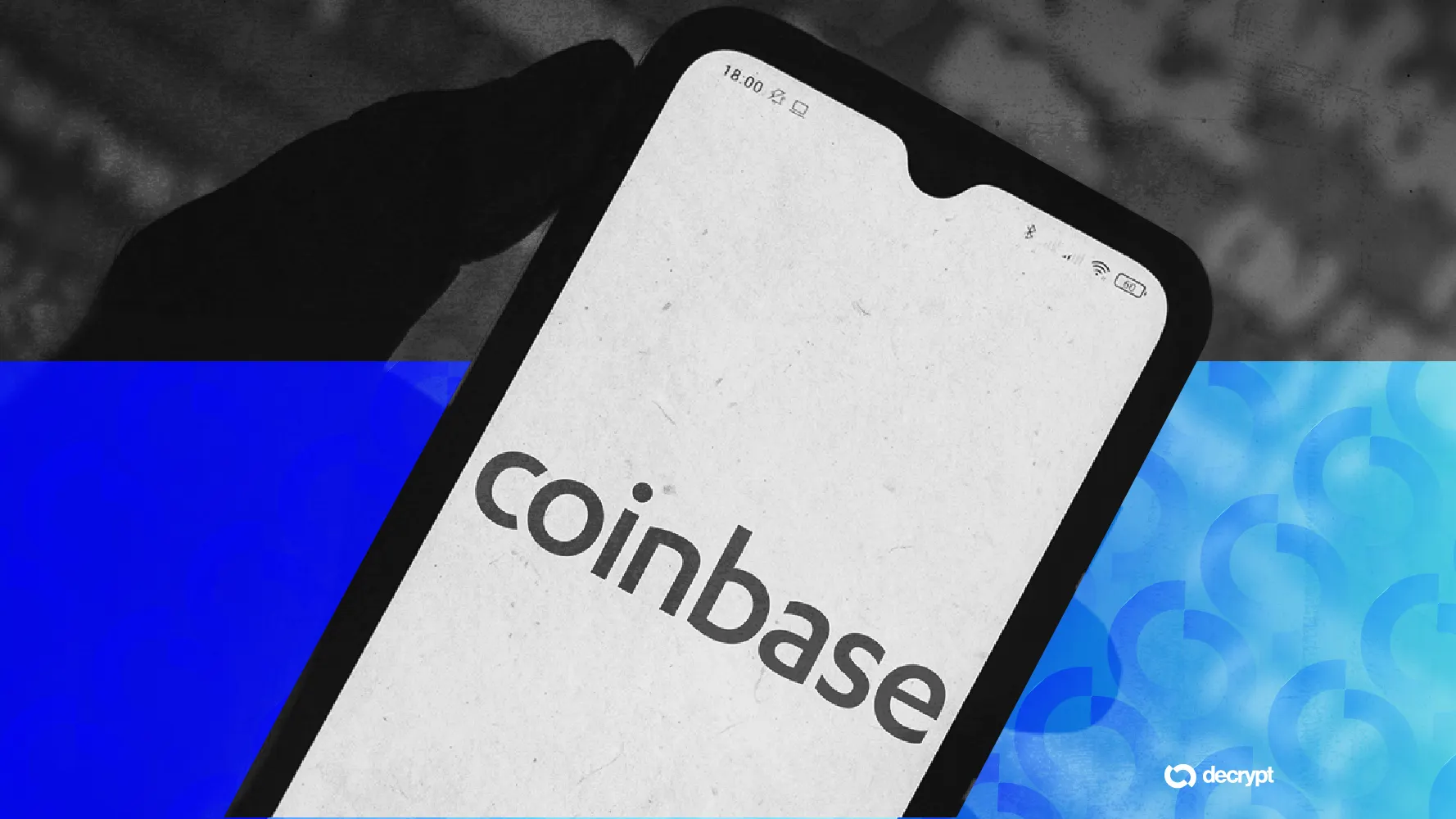Morning Minute: Coinbase Leans in to ICOs, Monad Up First

News Summary
Crypto exchange Coinbase has unveiled a new "Coinbase Token Sales" platform, marking the first time since the 2017 ICO boom that U.S. retail users can directly purchase new tokens through a regulated and transparent channel. Monad's MON token will be the inaugural sale on the platform, scheduled from November 17-22. The platform aims for fair distribution through a "bottom-up" algorithm that prioritizes smaller orders to maximize allocation. Tokens purchased will be automatically listed on Coinbase, providing immediate liquidity and visibility for projects. To deter short-term speculation, users who sell within the first 30 days of launch are likely to face penalties for future distributions. This move signals a full return of Initial Coin Offerings (ICOs) to the crypto space, potentially replacing airdrops as the new norm for project funding and community building. Coinbase's platform is also expected to serve as a de facto "stamp of approval" for projects. Additionally, the report notes Uniswap's plans to activate its fee switch and burn 100 million UNI tokens, along with new guidance from the U.S. Treasury and IRS simplifying crypto staking for ETFs, and the U.S. Senate publishing its first draft crypto market structure bill.
Background
Coinbase, as one of the largest cryptocurrency exchanges in the U.S., plays a pivotal role in the crypto market. Its new "Coinbase Token Sales" platform effectively reintroduces a regulated public token sale mechanism for U.S. retail investors, a first since the 2017 Initial Coin Offering (ICO) boom and subsequent market cool-down. ICOs were previously scrutinized for their lack of regulation and high risks, leading many projects to adopt alternative distribution methods like airdrops. Coinbase's latest move, coupled with positive developments from the U.S. Treasury, IRS, and Senate regarding cryptocurrency regulation and market structure, indicates a concerted effort by U.S. regulators and the industry to establish a clearer, more compliant framework for crypto assets. Monad, as a high-performance blockchain project, being the first to launch its token on Coinbase's platform, signals a new pathway for emerging technology projects to gain mainstream market attention within a compliant framework.
In-Depth AI Insights
What are the true strategic intentions behind Coinbase's re-entry into the ICO market? Coinbase's move is not merely about seizing a market opportunity but represents a strategic play to solidify its dominance in digital asset issuance, especially within the increasingly clarified crypto regulatory landscape under President Trump's administration. This reflects: - Deepening the compliance moat: By offering a "regulated, transparent, and fair" ICO platform, Coinbase aims to position itself as a benchmark for industry compliance, leveraging its communication channels with regulators to set de facto industry standards for future crypto asset issuances. - Accelerating institutionalization: In an environment where traditional financial products like ETFs are increasingly embracing crypto assets, Coinbase's ICO platform can attract more institutional capital, serving as a new, controlled entry point for asset allocation and driving the overall crypto market towards a more mature, institution-led model. - Business diversification and valuation enhancement: With fluctuating trading fee revenues, token issuance services can provide Coinbase with a new, relatively stable revenue stream and boost its overall valuation as a comprehensive digital asset financial services provider. How will the shift from airdrops to compliant ICOs reshape crypto market incentive structures and investor behavior? This transition signals a structural adjustment in crypto market incentive mechanisms, with profound implications for investor behavior: - Return of "skin in the game": Compared to the "free acquisition" model of airdrops, ICOs require investors to commit real capital. This will prompt investors to conduct deeper research and risk assessment, thus identifying more promising projects and reducing market bubbles. - Loyalty and long-term holding: The penalty mechanism for early selling aims to encourage investors to hold tokens long-term, fostering a more stable community of members rather than short-term speculators. This is beneficial for a project's sustained development and ecosystem health. - Reduction of regulatory arbitrage: The emergence of compliant ICOs will diminish the incentive for projects to circumvent regulation under the guise of "decentralization," encouraging more high-quality projects to launch in transparent and protected environments, thereby enhancing overall market trust. What competitive pressures and strategic responses will other exchanges and decentralized launchpads face in light of Coinbase's ICO platform? Coinbase's first-mover advantage and compliance endorsement will exert significant competitive pressure on other platforms, leading to industry consolidation and innovation: - Differentiation and niche markets: Other centralized exchanges may need to find differentiated competitive advantages by offering more attractive listing conditions, more flexible issuance models, or focusing on specific regional/category projects (e.g., DeFi, NFTs). - Upholding and innovating decentralization: Decentralized launchpads (IDOs) will remain the preferred choice for projects seeking fully decentralized and community-driven issuance models. They will need to enhance their fairness and security through technological innovation (e.g., more advanced sybil resistance mechanisms, more efficient on-chain governance) and emphasize the value of the decentralization ethos. - Regulatory arbitrage in other regions: Faced with stringent U.S. regulations, some platforms might choose to operate in jurisdictions with more lenient regulatory environments to attract projects unwilling or unable to meet U.S. compliance requirements, though this will come with higher reputational and operational risks.